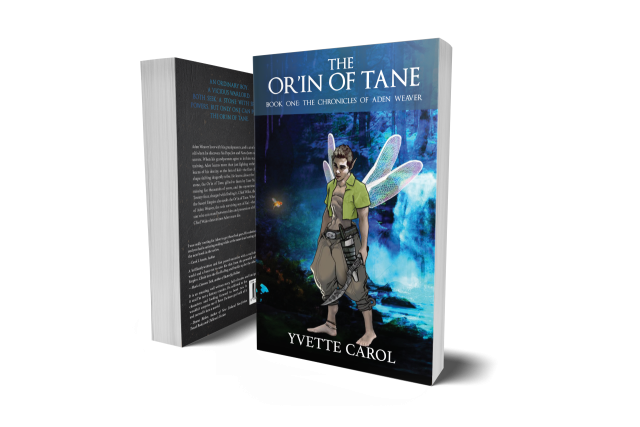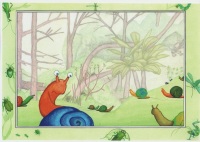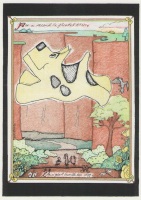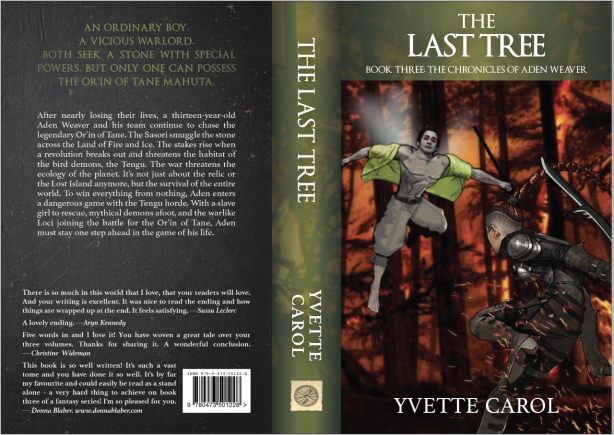My two younger boys have always been interested in cooking and learning how to bake. I think it runs in the family. It’s a well-told story that my father’s mother would spend time with my two elder sisters (when they were little) in her kitchen, teaching them how to bake. Gran was an excellent cook! Her cheese and onion pie was her own recipe and legendary. Her husband, Granddad was famous for never taking Gran out to dinner, “Why should I pay to eat out when I can eat better at home?” Gran taught my sisters to bake in her kitchen in Sussex, England – all three garbed in aprons – with the girls working at a smaller table in the middle of the room. Epic cuteness, no less.
Echoes of that legacy have continued in our kitchen for the last fifteen years, as my two youngest sons have shown interest in all things culinary. I’ve therefore learned to include them every time I am baking. We have tackled the baking of the giant Christmas Cake together each year – the three of us in the kitchen – and it has become our little tradition that rings in the festive season.
The sweet treat the boys prefer, however, is chocolate mousse. Lately, I’ve been giving the youngest son lessons on how to make himself simple dinners (in preparation for him going overseas soon), and he asked if we could make the mousse. This was followed soon after by a request from my sister for the same mousse recipe. I thought, well, the heat is on – might as well share it online with everyone else. Prepare to melt hearts with this one…
Ingredients List:
300 ml cream
2 Tbs Demerara sugar
Extra cream, usually ‘thickened’ is the easiest
4 eggs, separated
150 g dark chocolate, roughly chopped
grated chocolate/ cocoa powder
fresh strawberries (or other soft fruit)
Here’s how to make your mousse:
I always prepare the other ingredients before the chocolate. I beat the 300 ml cream until thick. Then, I also prepare the egg mixture. Beat four egg whites until firm and slowly add the sugar until the mixture looks glossy.
Break the chocolate into the top of a double boiler and heat, stirring constantly until melted.
Take it off the heat and allow it to cool for at least five minutes – but take care – if you cool it too much the chocolate congeals and becomes hard to mix. Cool it too little and the chocolate cooks/curdles the eggs. Once your melted chocolate has cooled with dignity intact, add the egg yolks and whisk together.
Then quickly fold this mixture into the whipped cream. Fold half the egg whites into the chocolate batter and blend the rest of the egg whites. I always marvel over the marbling effect and never fail to find it pretty.
Combine and serve in individual dessert bowls—dust with sifted cocoa. Chill until set. Decorate to your heart’s content with dollops of thickened cream, sliced strawberries (or any soft fruit you have available), and grated chocolate.
My son put it best, when he said, “I can’t get over it. Mousse is the easiest dessert we ever made, and it tastes the best of everything we’ve ever made!” LOL. I couldn’t agree more.
Enjoy!
If you try it, let me know what you think…
Talk to you later.
Keep creating!
Yvette Carol
*
“There is nothing better than a friend unless it’s a friend with chocolate.” —Linda Grayson
*
Subscribe to my newsletter by emailing me with “Newsletter Subscription” in the subject line to yvettecarol@hotmail.com






























































